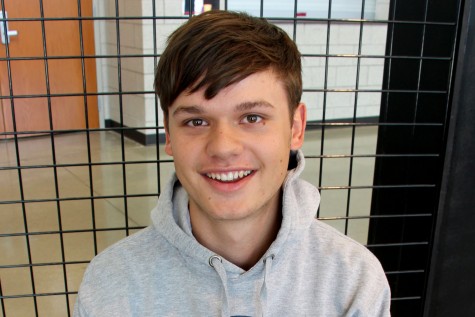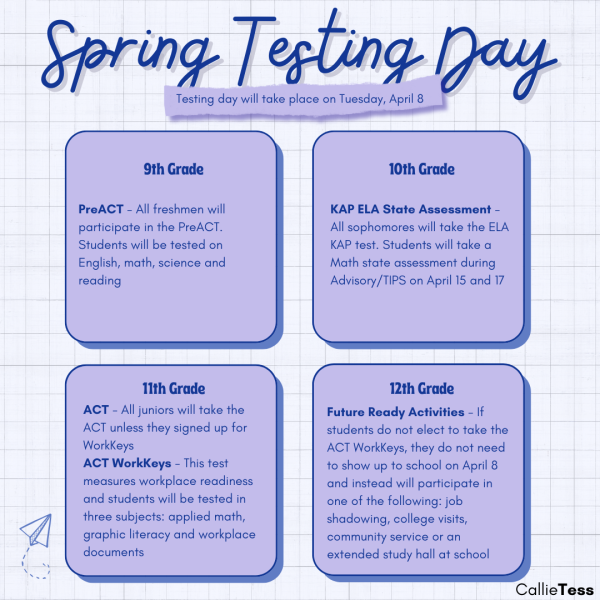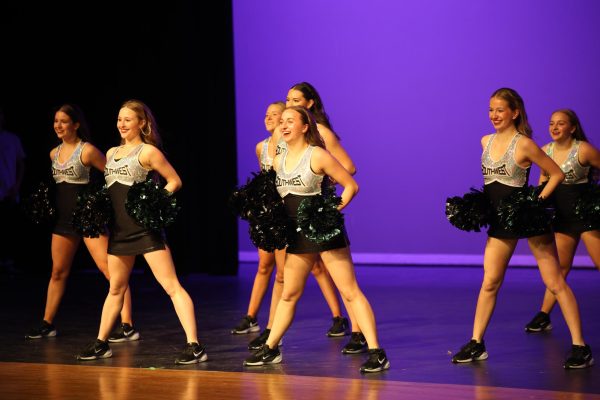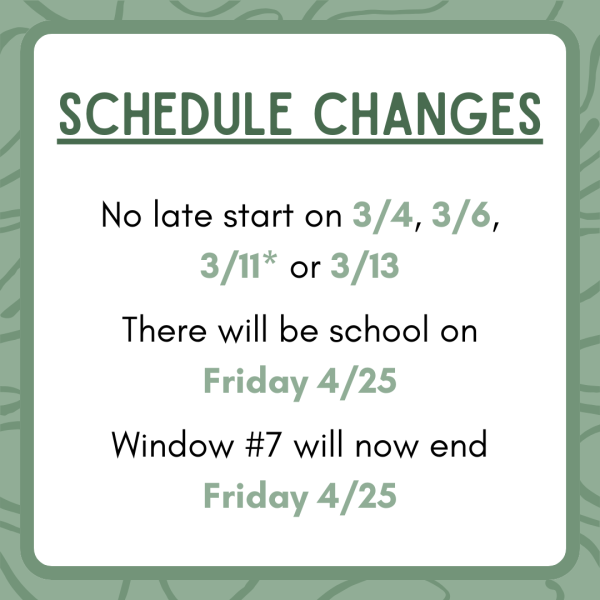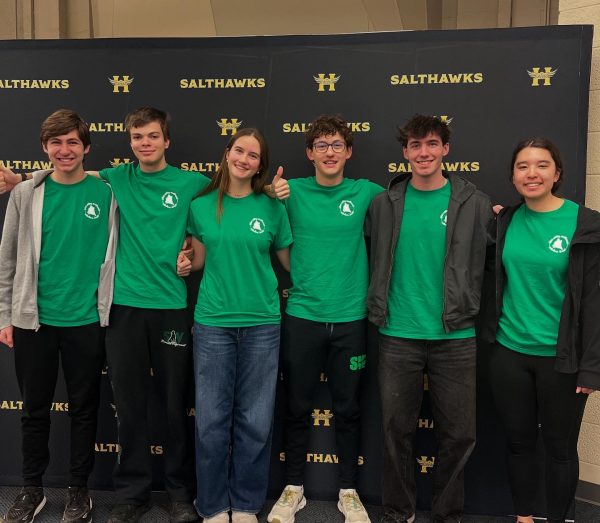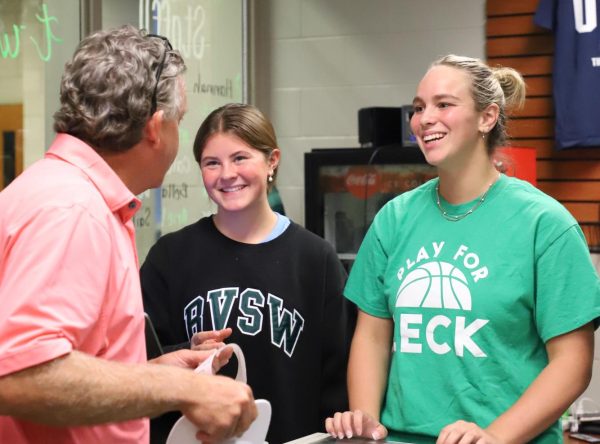America’s youth faces task of determining next president
Turning 18 is often an exciting event in the timeline of a person’s life. It means adulthood, maturity and the ability to buy scratch-off lottery tickets at gas stations. Being 18 means being entrusted with adult responsibilities by society. Voting is one of these.
With the streamlining of mass media, news and events surrounding the most recent elections, as well as the 2016 presidential election, have become accessible to most everyone. This availability of information makes happenings in the political world today difficult to ignore. Young people are constantly utilizing social media, a hotbed for political debate, however, voter turnout was lowest among the age group of 18 to 29 in the 2012 presidential election and the 2014 mid-term elections, according to polling data. For students born between 1997 and 1998, the 2016 presidential election will be the first election where they are able to vote.
“Voting is a really great privilege,” senior Haley Ryckman said. “Your opinion can be validated and you have the chance to change something, and it gives a you sense of pride as well as a sense of purpose.”
Young people and politics are starting to become more and more synonymous. Politicians like Bernie Sanders recognized the gap among youth voters. Sanders’s political platform caters to young people by including an agenda that targets problems such as student debt as well as the general cost of higher education. Sanders’s Facebook page has garnered nearly 1,300,000 “likes,” amassing opponent Hillary Clinton’s total. Sanders eventually would like to make college free by placing special taxes on transactions made in Wall Street, citing a lowering college enrollment rate compared to countries in Europe. The US ranked 19th out of 28 countries included in a study done by the Organization for Economic Co-operation, which tracks education investment and performance of wealthier democracies.
“I definitely think free college can be feasible,” senior Jay Patel said. “With federal funding backing, it can happen.”
Sanders has drawn over 20,000 at multiple rallies, shattering records. The self-described “democratic-socialist” carries ideas that resonate with younger crowds, continuing the tradition of a democratic platform popular with those in their twenties. Younger voters have typically placed a strong emphasis on selecting a candidate who values human rights and urges concern for the environment. In 2012, 60 percent of all voters ages 18-29 voted for Barack Obama compared to the 39 percent that voted Mitt Romney.
“The Democratic party tends to be more progressive whereas the Republican party tends to lean more conservative,” senior Sam Kersey said. “I feel as though young people are drawn more to progressive and new ideas.”
Sanders’s popularity with young people has made him a serious contender as the democratic nominee. To many, his ideas are most relevant to what they see as the biggest issues facing the country.
“Picking the candidate whose beliefs line up with yours the most is important,” Patel said. “It can directly impact your future.”
Sanders is also popular with immigrants, unlike Donald Trump, one of the major players on the republican side and a potential rival.
“My parents immigrated to the US with only a couple dollars in their pocket,” Patel said. “If we had a president that pushed things like workers’ compensation and workers’ benefits, they would’ve had a much easier time in getting to where they are now.”
The decline in youth voting participation, however, is concerning to many. According to a US Census report, only 20 percent of those in the age group 18 to 29 voted in the 2014 mid-term elections, down from 2010’s 24 percent. Programs like The Campus Election Engagement Project “help America’s colleges and universities use their resources and networks to engage America’s 20 million students in elections,” according to an August 2015 article on huffingtonpost.com. Events like National Voter Registration Day and Parade to the Polls encourage young people to get out and vote on election day.
“People are either uninterested or they’re 100 percent interested,” Ryckman said. “There really isn’t much of a middle ground.”
Youth are often times leading the movement for change in regards to social justice. To many, presence at the polls simply isn’t getting it done. The battleground for movements such as Black Lives Matter and the widespread support for LGBT rights were led on social media. The enthusiasm for voting, however, is absent. A study done by the Harvard University Institute of Politics showed that only ⅓ of young voters say that their vote will make a difference.
“Young people are typically busy trying to balance school, work and a social life so they have less time to spend worrying about politics,” Kersey said. “Most young people don’t realize the substantial impact voting can make in a community and on them personally.”
According to rockthevote.com, around 12,000 people turn eighteen every day. For some, reaching the first major milestone of their lives is no more than another formality, only the opportunity to buy that first scratch- off lottery that they’ve dreamed about. For others, it’s the chance they’ve finally been waiting for.
“Everyone has the opportunity to express their opinion,” Ryckman said. “The choice America makes in electing its next president is going to affect everyone, whether you’re six or you’re 60.”


